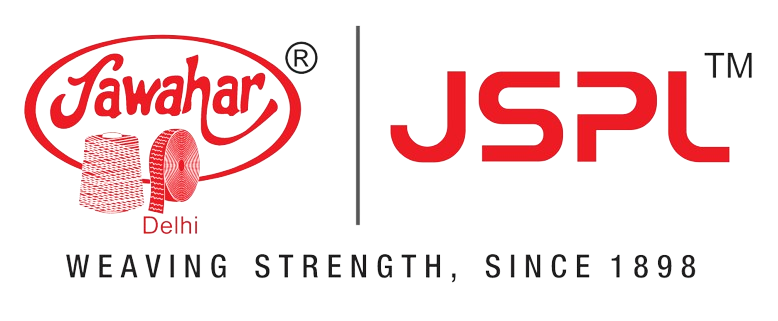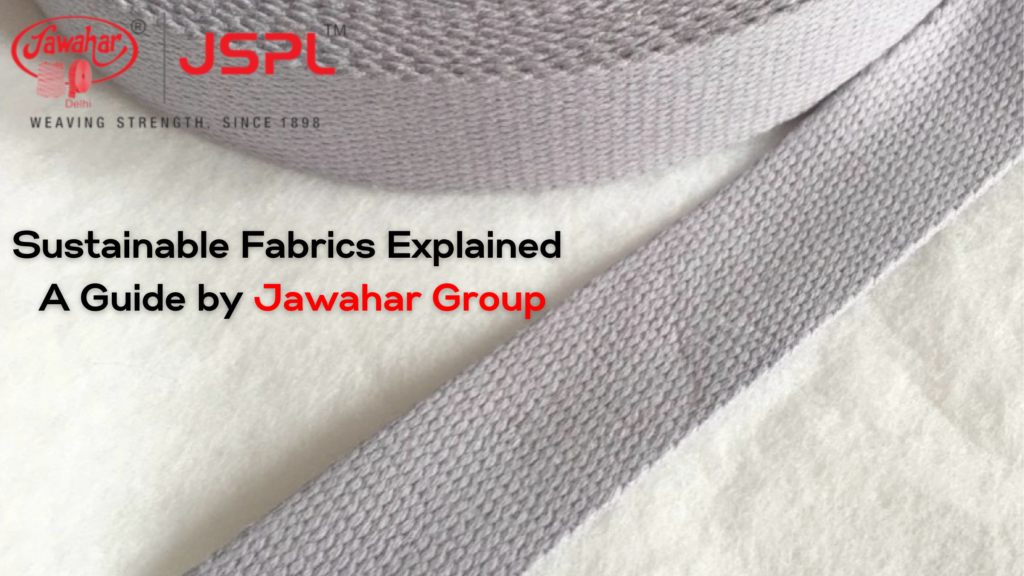
Close


The fashion industry is undergoing a significant shift, with consumers increasingly demanding eco-conscious products. Sustainability is no longer a niche concern; it’s a driving force in the textile world. At Jawahar Group, a pioneer in textile production and innovation, we are committed to providing sustainable fabric solutions. This guide explores the world of sustainable fabrics, their benefits, and how Jawahar Group contributes to a greener future.
What are Sustainable Fabrics?
Sustainable fabrics are those produced with minimal environmental impact throughout their lifecycle, from raw material sourcing to production, use, and disposal. Key aspects of sustainability include:
Types of Sustainable Fabrics:
Benefits of Sustainable Fabrics:
At Jawahar Group, we integrate sustainability principles into everything we do:
Sustainable Fabric Examples from Jawahar Group:
Beyond Fabrics: Sustainable Practices Throughout Our Operations:
Our commitment to sustainability extends beyond fabric production:
Choosing Sustainable Fabrics: A Collaborative Effort
The shift towards sustainable fabrics requires collaboration throughout the supply chain. Here’s how you can contribute:
Designing for Durability: Create garments built to last, reducing the need for frequent replacements
Jawahar Group is your partner in navigating the world of sustainable fabrics. We offer a diverse range of eco-conscious fabric options, unwavering commitment to responsible production, and continuous innovation for a greener future.
Contact Jawahar Group today to discuss your sustainable fabric needs and discover how we can help you create eco-conscious garments.
© Copyright 2026 Jawahargroup. All Rights Reserved
(Designed By Silar Media)